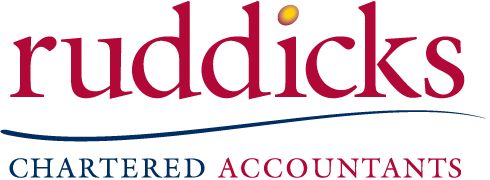NEWSFLASH: Single Touch Payroll extended to small employers!
The STP regime has been in place for employers with 20 or more employees since 1 July 2018. It is designed to enable the ATO to monitor, in real-time, employers’ compliance with payment of PAYG Withholding and superannuation guarantee for their employees, and therefore empowers the ATO to identify and pursue non-complying employers quickly. The new legislation will now bring the remaining smaller employers into the STP regime.
What this means
From 1 July 2019, all employers will be required to report payments such as salaries and wages, pay as you go (PAYG) withholding and superannuation information from their payroll solution each time they pay their employees.
Broadly, this means that:
- If you are an employer, you will be required to obtain and install an STP-compliant software solution by 1 July 2019, regardless of how many employees you have.
- If you are already using payroll software, it is likely to already be STP-compliant or be in the process of becoming STP-compliant. Please contact your Ruddicks adviser to check if you are unsure.
- If you do not currently use payroll software (i.e. no accounting software used at all, or your software package does not include the payroll module and the payroll is processed manually), then you will need to select and implement a complying software solution by 1 July 2019.
- The ATO is maintaining a list of low-cost (under $10/month) STP-compliant providers on their website here.
- The payments that are required to be reported including payments of wages, director fees, termination payments and parental leave payments. The full list is available on the ATO website here.
- You will need to implement a process to ensure that each pay run is reported in real time to the ATO electronically. STP reporting cannot be done retrospectively.
- STP reporting must be done via the STP enabled software and cannot be done “manually”, e.g. using paper forms, or via other channels such as by emailing the ATO, by using the Business Portal or Tax Agent Portal, or by reporting via Activity Statements or tax returns.
- You will no longer need to provide payment summaries to your employees for the payments you report and finalise through STP.
- You will no longer need to submit a payment summary annual report to the ATO at the end of the financial year for the payments you report through STP.
- Employees will be able to view their year-to-date payment information in ATO online services, which they will access through their myGov account.
The agreement to the legislation by the Senate provides a welcome certainty for small businesses, allowing them 6 months to get ready for the commencement of the new reporting regime.
For employers who are already using payroll software, the change is likely to result in minimal disruption beyond reviewing their employees’ details, correcting any errors or missing information, and implementing a reporting process by 1 July 2019.
For employers who are not currently using payroll software this will be a more significant change requiring implementation of a new software solution or adding the payroll module to their existing accounting software. In most cases this will likely result in some additional cost to employers for the cost of software, however is likely to result in time and cost savings from no longer being required to complete and lodge annual PAYG Payment Summaries and the Payment Summary Annual Report.
Further information about STP can be found on the ATO website here.
If you need any assistance with preparing for Single Touch Payroll, please contact your Ruddicks adviser and we will help you with the process.
DISCLAIMER:
Liability limited by a scheme approved under Professional Standards Legislation.
The content of this newsletter is general in nature. It does not constitute specific advice and readers are encouraged to consult their Ruddicks adviser on any matters of interest. Ruddicks accepts no liability for errors or omissions, or for any loss or damage suffered as a result of any person acting without such advice. This information is current as at 11 December 2018, and was published around that time. Ruddicks particularly accepts no obligation or responsibility for updating this publication for events, including changes to the law, the Australian Taxation Office’s interpretation of the law, or Government announcements arising after that time.
Any advice provided is not ‘financial product advice’ as defined by the Corporations Act. Ruddicks is not licensed to provide financial product advice and taxation is only one of the matters that you need to consider when making a decision on a financial product. You should consider seeking advice from an Australian Financial Services licensee before making any decisions in relation to a financial product. © Ruddicks 2018

